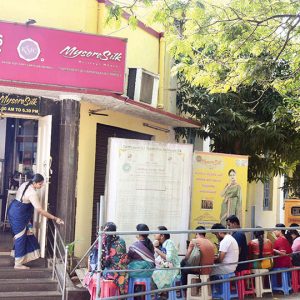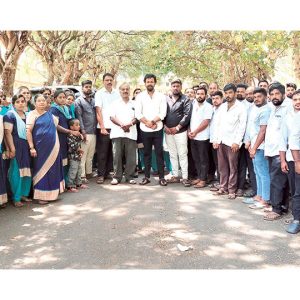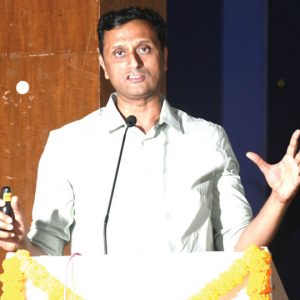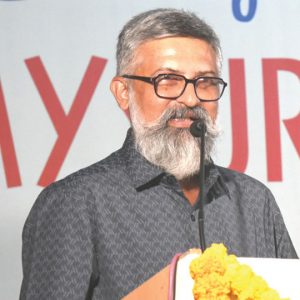India’s largest and most populous State, Uttar Pradesh, has also hosted the highest number of heavy-weights in the country’s politics, including leaders who have occupied high posts in different political parties, Prime Minister downwards. The just reported decision of the Cabinet in the government of that State to set up a Political Training Institute for teaching its politicians the nuances of the job. A few idioms and proverbs, authorless sayings similar to Vedas (apourusheya), flash across one’s mind on reading in a daily this week about the act of upmanship by UP, before raising some questions that are likely to be asked in knowledgeable circles. Given the uncomplimentary public image of the present flock of land’s politicians, notorious for their reported criminal acts and fraudulent deals galore, the Kannada idiom Gulaganjiya Kappu gulaganjige thiliyadu (which translates to: The red berry Abrus precatorious, called cock’s eye in English, is not aware of its own blackened part). The other Kannada idiom, Huttuguna suttaroo hogadu (The inborn traits do persist) may be more akin to the profile of politicians at large, barring exceptions.
The American theologian James Freeman Clarke (1810-1888) has been quoted with the line: A politician thinks about the next election while the Statesman thinks about the next generation. Chanakya, during the reign of Chandragupta Mourya, is credited with the wisdom of blending pragmatism with spirituality, his signature principle for guidance of politicians. The legendary Greek Philosopher Plato faced criticism that his political philosophy was totalitarian, a feature of the style of functioning of most political leaders of our times who are perched in seats of authority, even in democracies. His mentor, Socrates (470-399 BC) was not only highly critical of democracy but also proposed an aristocracy ruled by philosopher-kings. The nearly half-century reign of the erstwhile Princely State of Mysore by Nalwadi Krishnaraja Wadiyar is an unparalleled example of the Socratic political philosophy. Although the initiative taken last week by the UP Cabinet is laudable, one cannot be faulted to ask the question: Can the present crop of hard boiled politicos, having mass following of wayward youth across the country, be reformed to behave both in the various bodies formed through periodic polls and with citizens?
Stalwarts from different fields comprise the faculty of the institute vested with the task of transforming the law-makers to be law-abiding worthies instead of their current image of law-unto-themselves.








Recent Comments